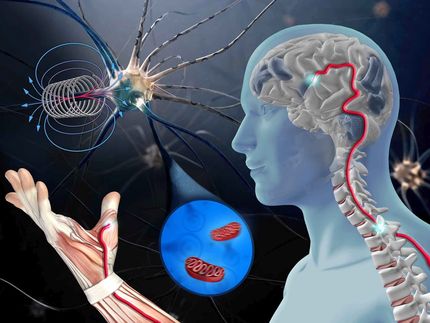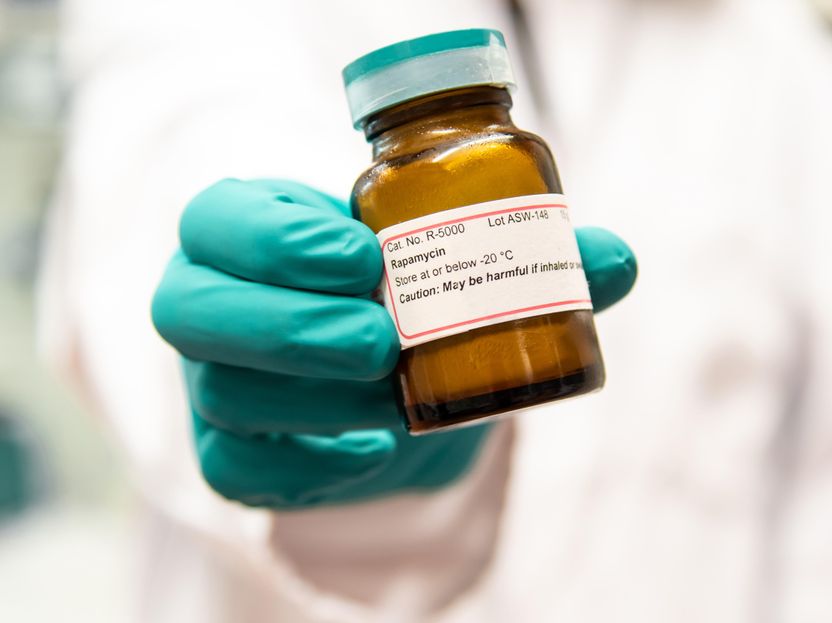BGU researchers make scientific breakthrough in the fight against neurodegenerative diseases
BGN Technologies secures funding of over $1m. to develop patented treatment
Advertisement
A patented breakthrough treatment for neurodegenerative diseases has secured over $1 million. Prof. Esther Priel of Ben-Gurion University and her colleagues Prof. Aviv Gazit (formerly of Hebrew University) and Prof. Shimon Slavin (also formerly of Hebrew University and now director of the International Center for Cell Therapy & Cancer Immunotherapy (CTCI) in Tel Aviv) have developed chemical compounds which boost the telomerase enzyme thereby slowing the progression of ALS in laboratory mice.
Recently, Priel, of The Shraga Segal Department of Microbiology and Immunology in the Faculty of Health Sciences and her team of students (Erez Eitan and Eylon Tichon) showed that the compounds raise the levels of the protein enzyme telomerase in human cells, stem cells and lab mice. This enzyme prolongs life and prevents damage and, in 2009, scientists Elizabeth H. Blackburn, Carol W. Greider and Jack W. Szostak won the Nobel Prize in Physiology or Medicine "for the discovery of how chromosomes are protected by telomeres and the enzyme telomerase."
In Priel et. al. current research study, which was just published in the EMBO Molecular Medicine Journal, they show that the compound can reach the brain and the spinal cord and increase the production of telomerase.
“We show that by injecting the compound into mice which are developing ALS (Amyotrophic lateral sclerosis also known as Lou Gehrig’s disease), we can successfully delay the development of the disease and increase the lifespan of the mice,” Priel says.
BGN Technologies, the tech transfer company of BGU, has signed a research and licensing agreement with a private US investment fund which will invest more than $1 million over the next two years to further the research.
“This is a scientific breakthrough,” Priel says, “since these compounds have great potential not just in fighting neurodegenerative diseases, but also other diseases related to aging.”



















































